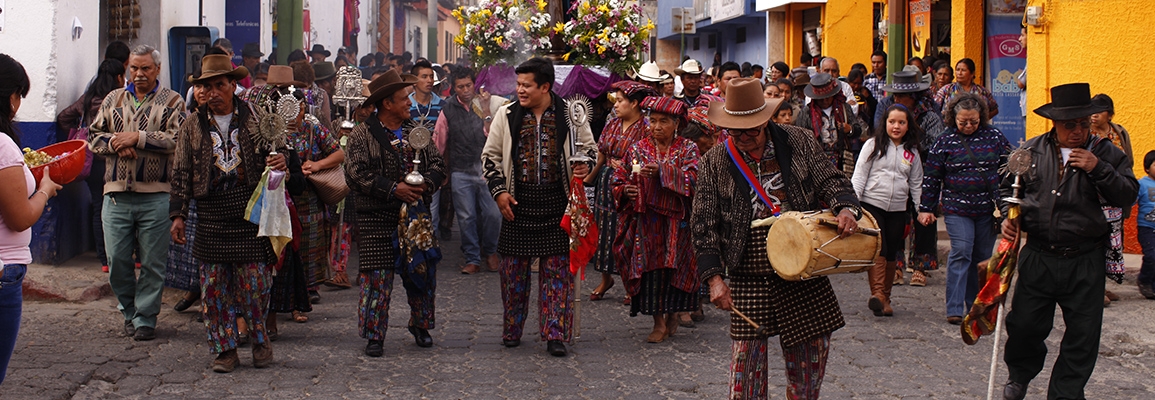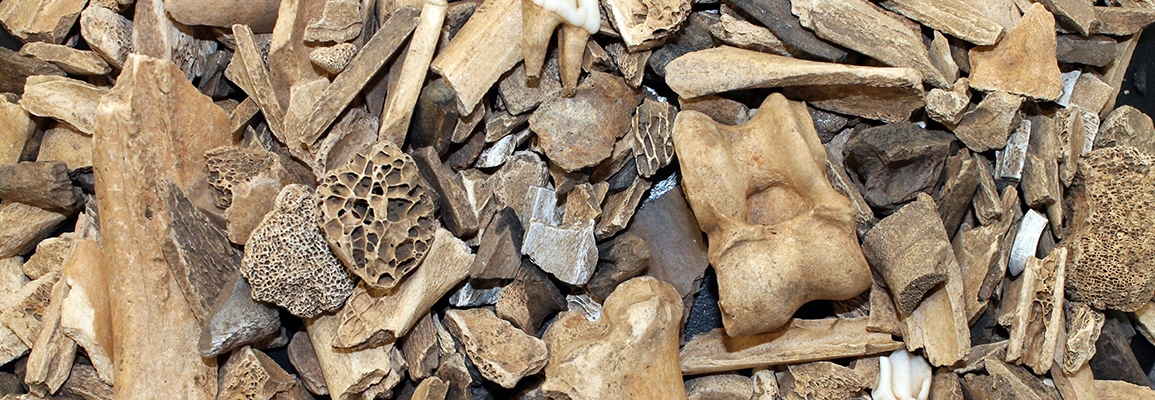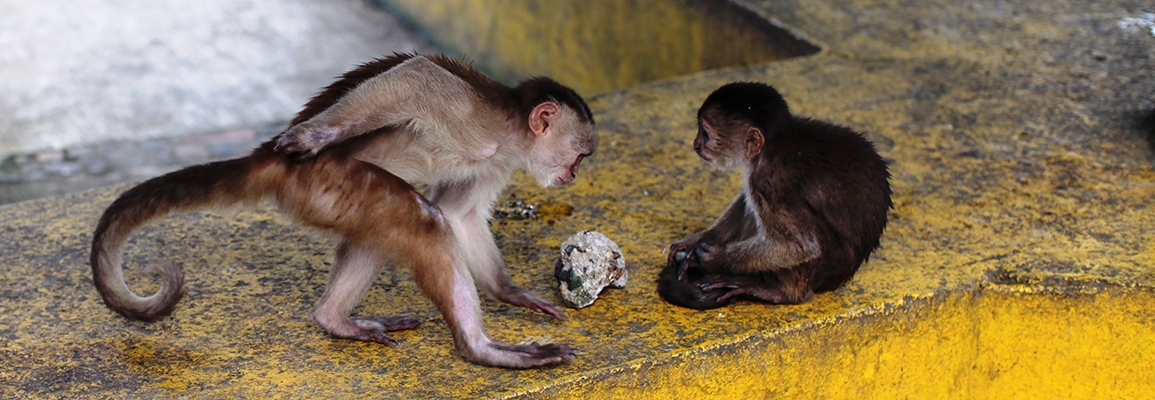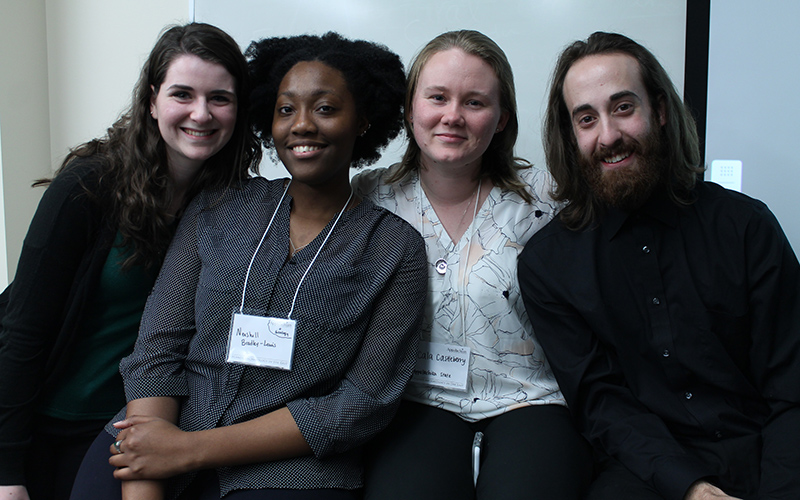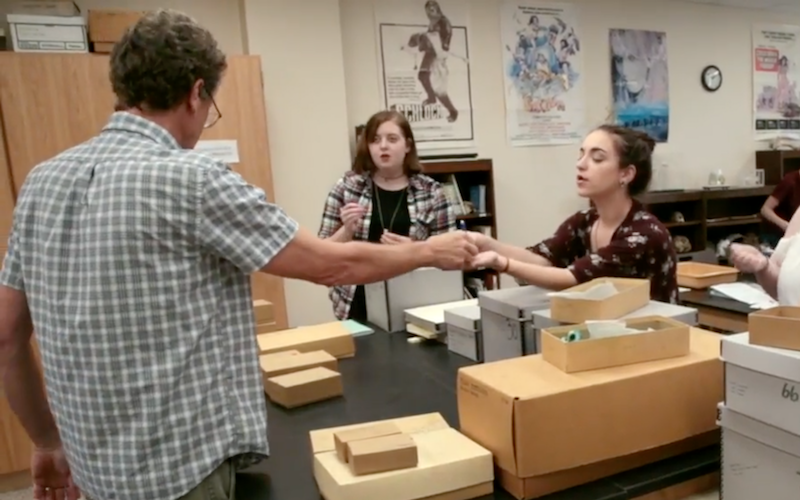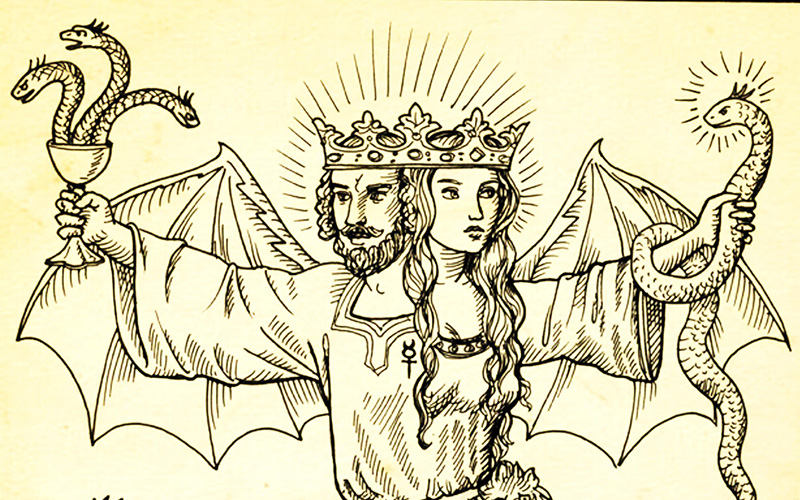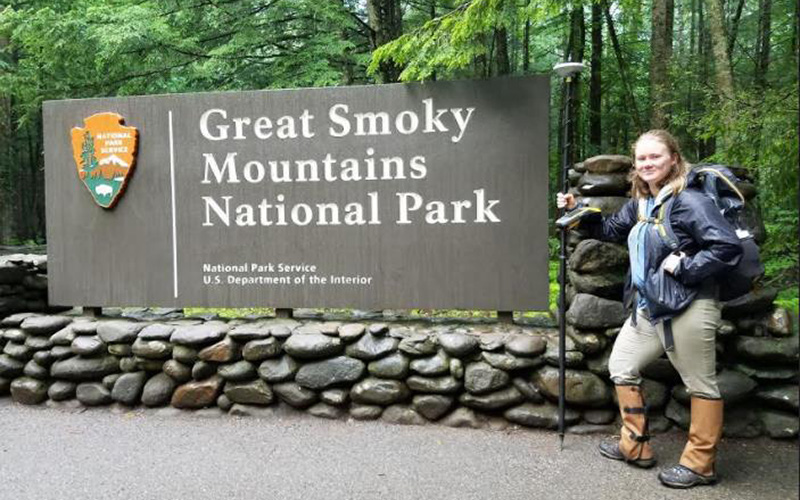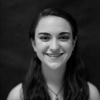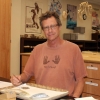As one of the largest undergraduate-only anthropology departments in the United States, we embrace a comparative and holistic approach to studying the human experience. Through the anthropological perspective, we delve into the origins and meaning of physical and cultural diversity in the world, spanning across the past, present, and future.
Our program in anthropology offers a unique opportunity to comprehend global affairs and address societal challenges within the broader context of the human experience. Cultural anthropologists within our department explore the practices, beliefs, and identities of individuals, both within and beyond the United States. Topics such as power, inequality, and social praxis are central to our investigations.
Archaeologists in our program specialize in unraveling the material culture of past societies, reconstructing their traditions and practices. By understanding the past, we gain valuable insights that aid our comprehension of the present. Biological anthropologists, on the other hand, focus on primate evolution, behavioral ecology, human biological variation, biocultural adaptations, bioarchaeology, and human paleontology. Together, we strive to unravel the diverse range of human societies, both past and present.
Why study anthropology? This question lies at the heart of our program. By choosing to study anthropology, you embark on a journey of exploration and understanding, equipping yourself with invaluable skills and knowledge. Through engaging coursework, immersive field experiences, and collaborative research opportunities, you'll develop a profound appreciation for the intricacies of human societies, past and present. Join us as we unravel the tapestry of human diversity and contribute to finding meaningful solutions to real-world problems.
News & Events

Ella Adams: Uplifting Voices and Serving with Purpose to Transform Communities
Recently graduating with a degree in Anthropology from the College of Arts and Sciences, Ella Adams embodies the spirit of passion and resilience. Ell...

October 28: "Central America’s Forgotten History: Revolution, Violence and the Roots of Migration" with Dr. Aviva Chomsky
BOONE, N.C. — Appalachian State University's Department of History is pleased to welcome professor, historian, author and activist Dr. Avi...
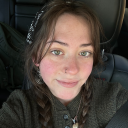
SAFE Student Spotlight: Josie Patch
Patch received a Spring 2023 Student and Faculty Excellence (SAFE) grant to cover hotel expenses while she conducted fieldwork in Robeson County for a...
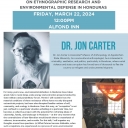
Talk: On Ethnographic Research and Environmental Defense in Honduras
Dr. Jon Carter to give guest lecture at Rollins College: On Ethnographic Research and Environmental Defense in HondurasFor many years now, environment...
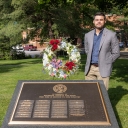
Marine Corps veteran, Dr. Seth Grooms, lays wreath for App State’s Memorial Day commemoration
Assistant Professor of Anthropology and Marine Corps veteran, Dr. Seth Grooms, was selected to lay wreath at this year's Memorial Day commemoration....
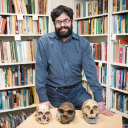
Dr. Marc Kissel contributes to new study funded by National Geographic Society
WASHINGTON, D.C. — In their search to understand human origins, National Geographic Explorer in Residence and world-renowned paleoanthropologist&nbs...
Alumni spotlights
-
Autumn Melby ('18), Archaeology
Autumn Melby, a graduate of the Anthropology Department, took the time to share her personal experience within the field of anthropology and some of her thoughts about Appalachian State’s Anthropology Department. Autumn is from Broadway, North Carolina. She majored in anthropology with a multidisciplinary concentration and a focus in archaeology.
Faculty spotlights
-
Dr. Tom Whyte named a "Faculty Member of Distinction" in Appalachian Magazine
Dr. Tom Whyte has been named a "Faculty Member of Distinction" in Appalachian Magazine. His areas of research include southern Appalachian prehistoric archaeology, zooarchaeology, and experimental archaeology.
Student spotlights
-
Abbey Huber, Social Practice and Sustainability major
After taking a few classes in political science and global studies, Abbey Huber did not feel that the frameworks she had encountered in these classes compelled her. During her first year, and after some exasperation, Abbey’s Honors advisor suggested that she take Native America through Ethnography with Dr. Dana Powell. Taking that class, she cites, is what drove her to change her major to Anthropology.
